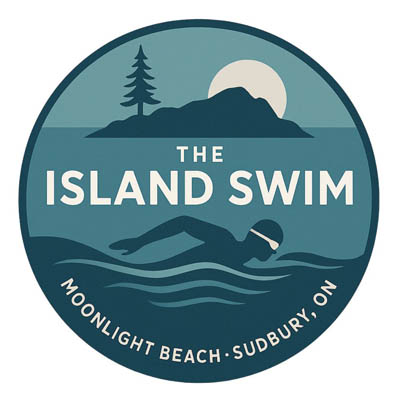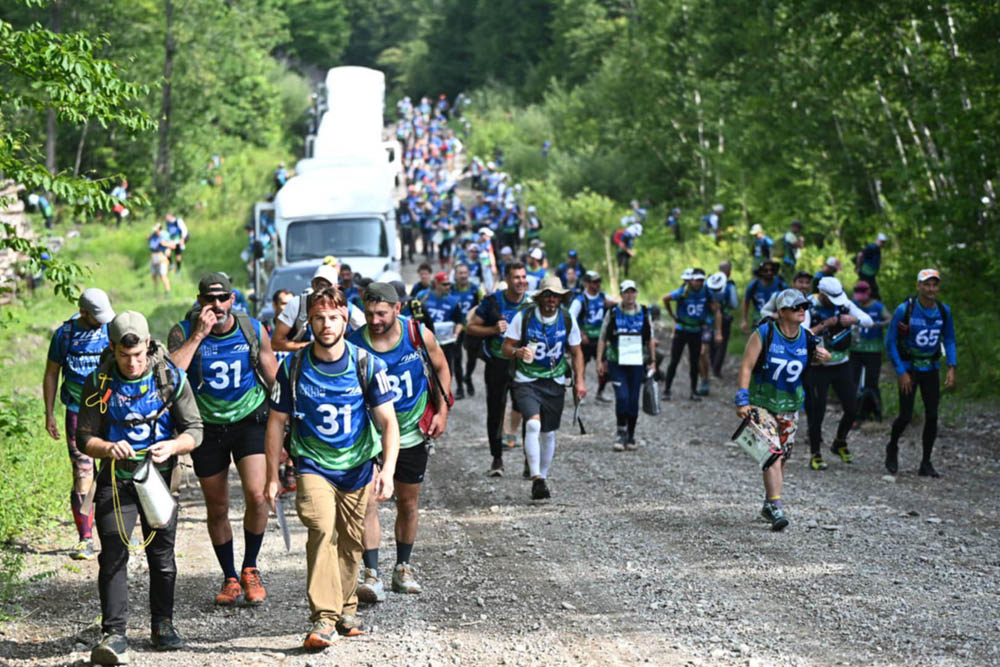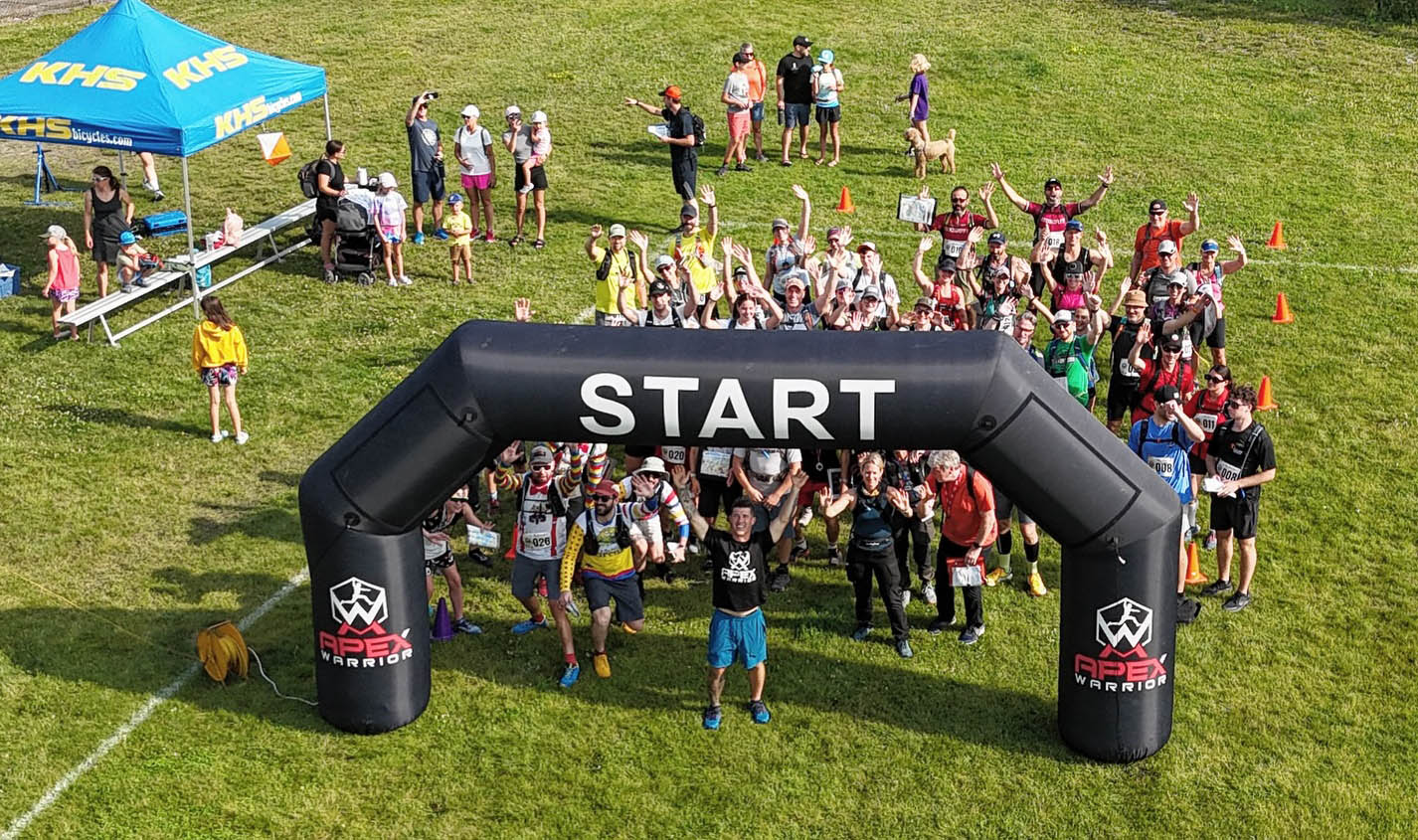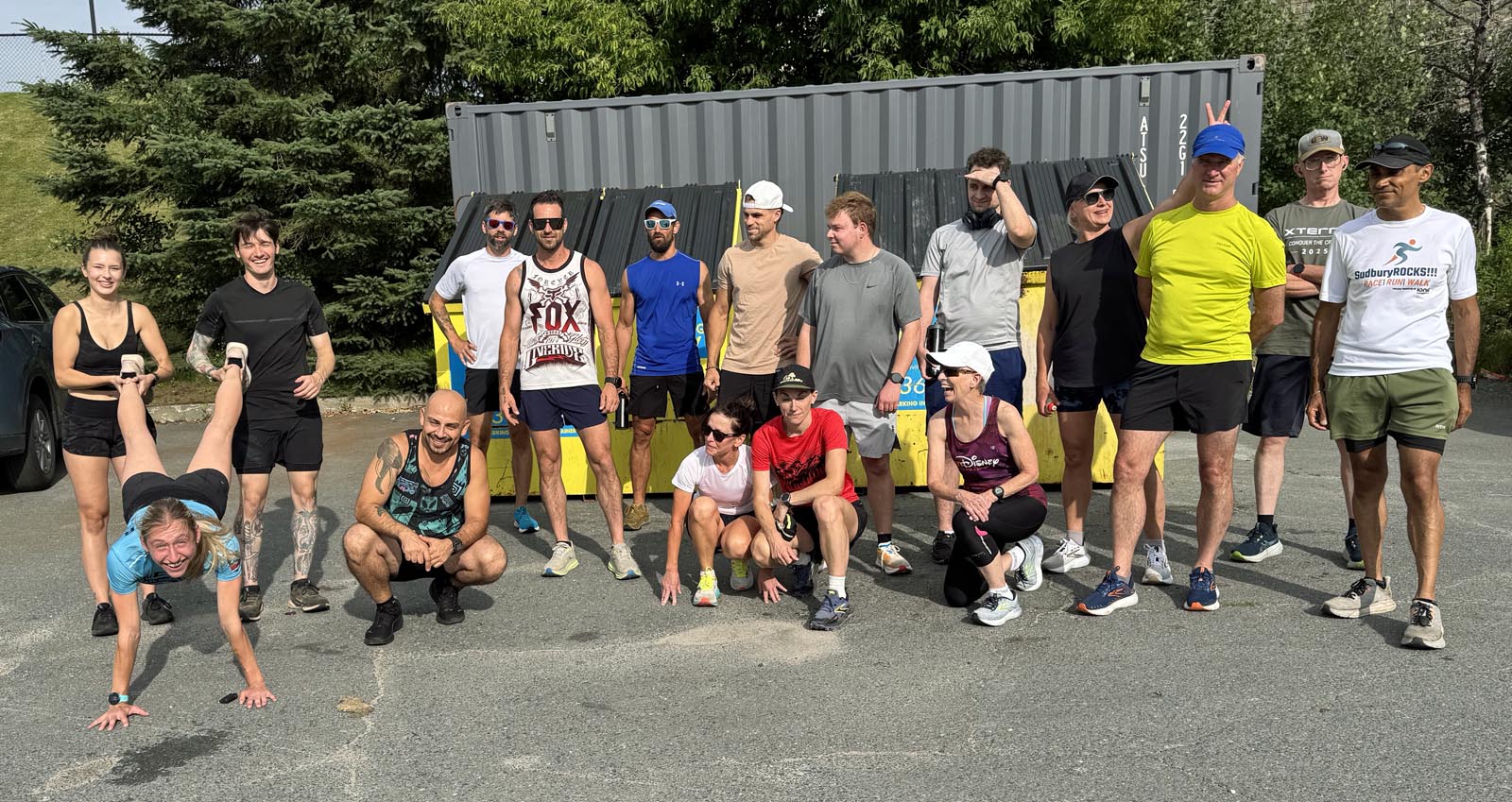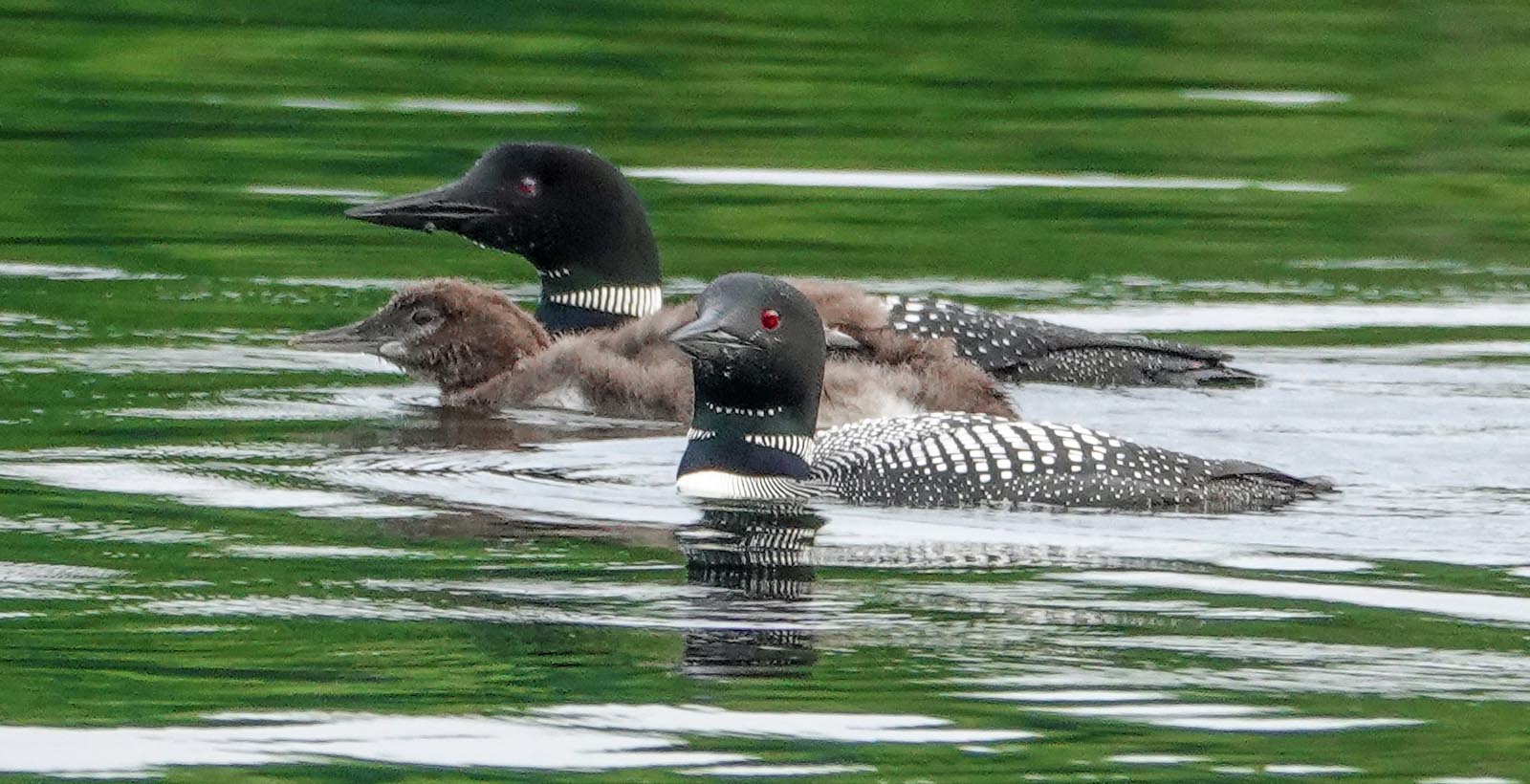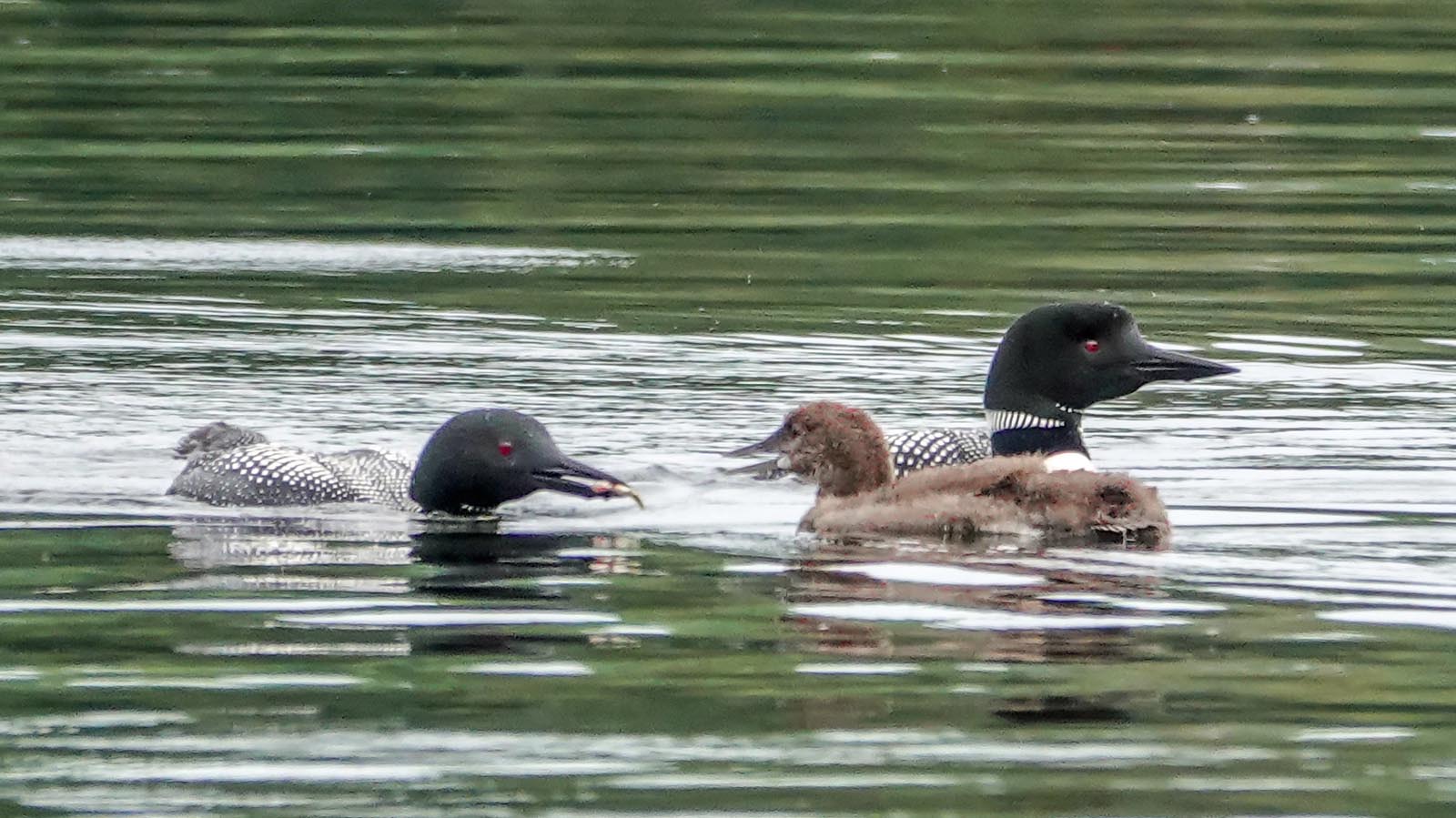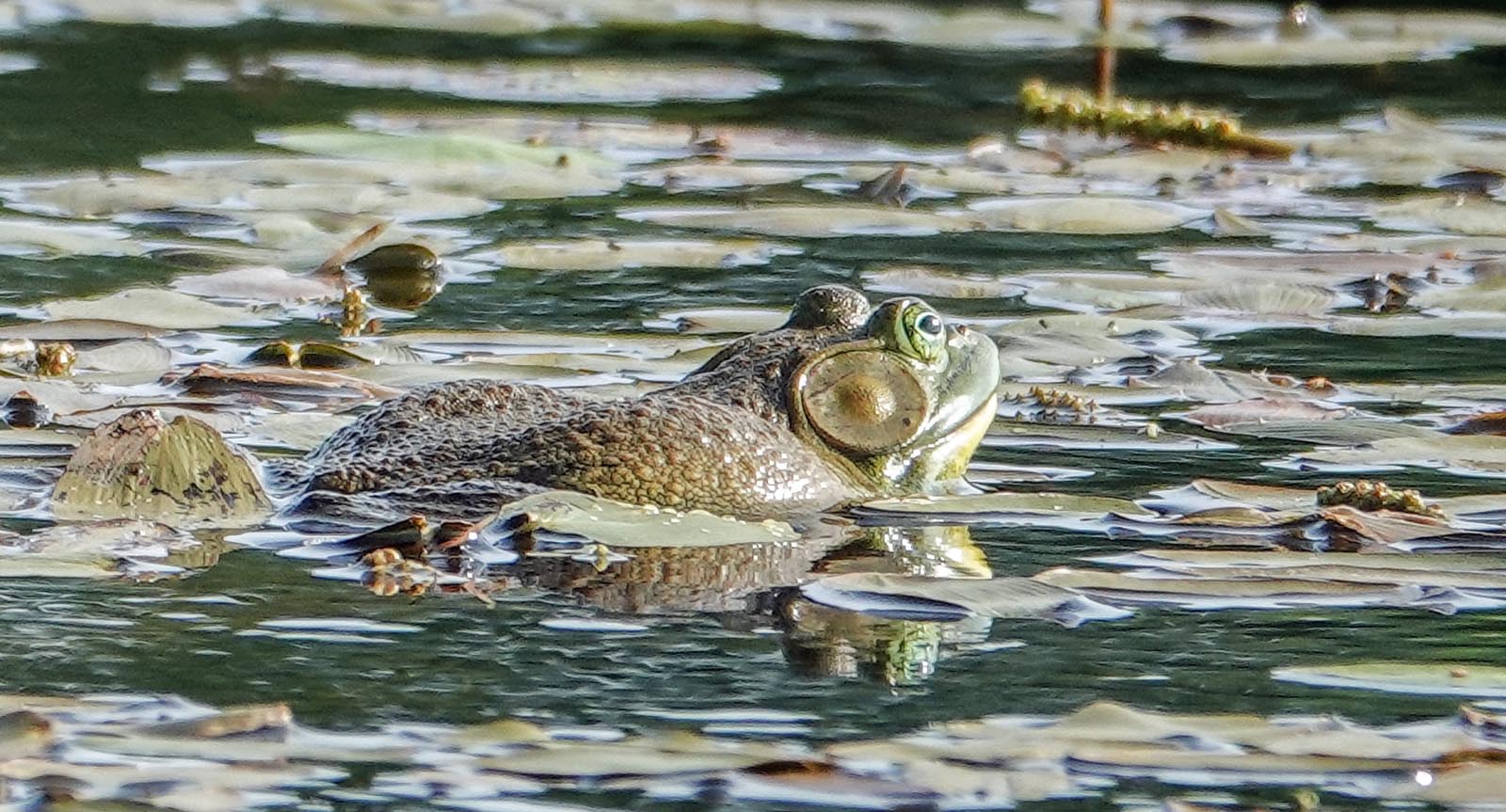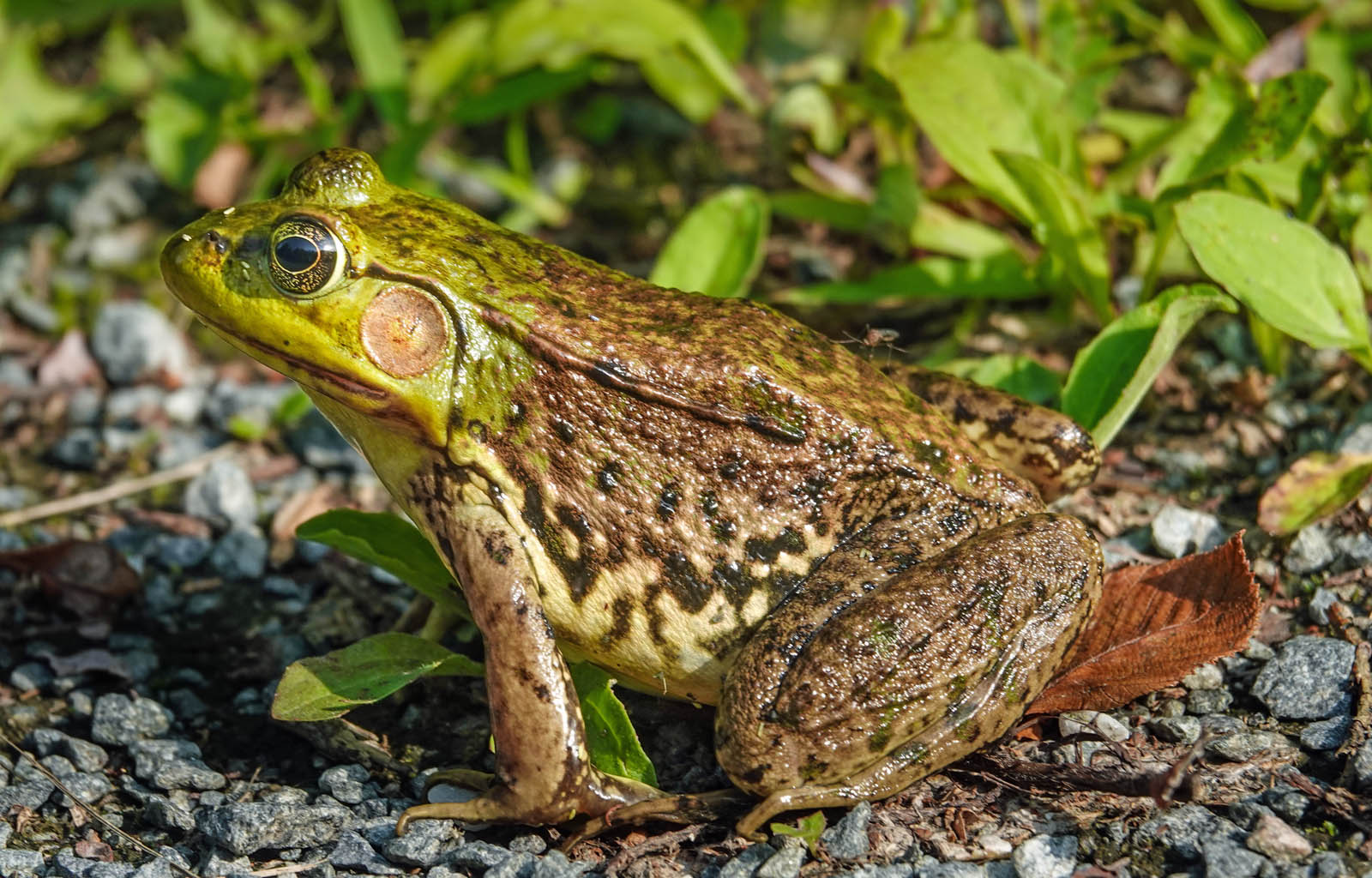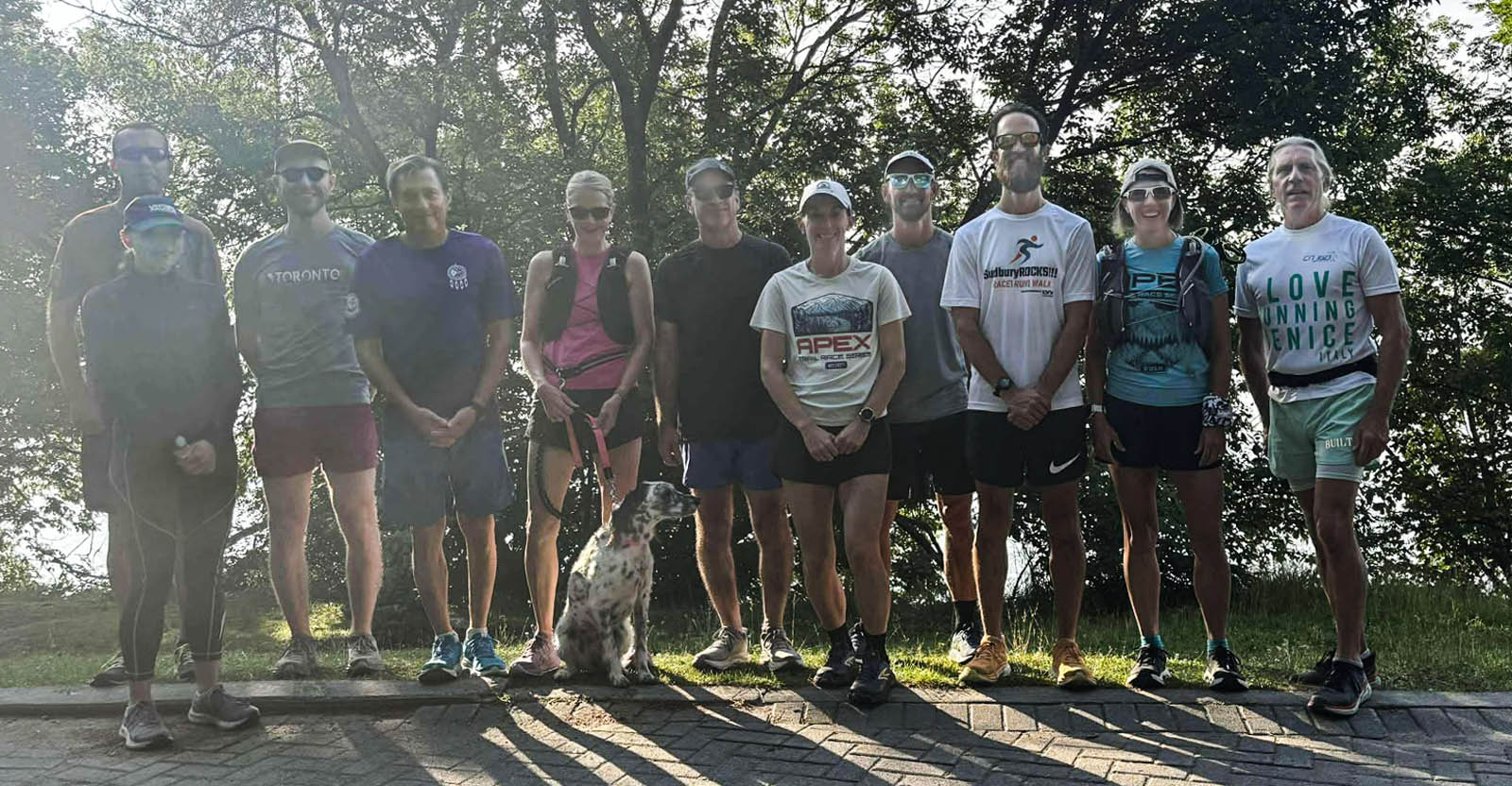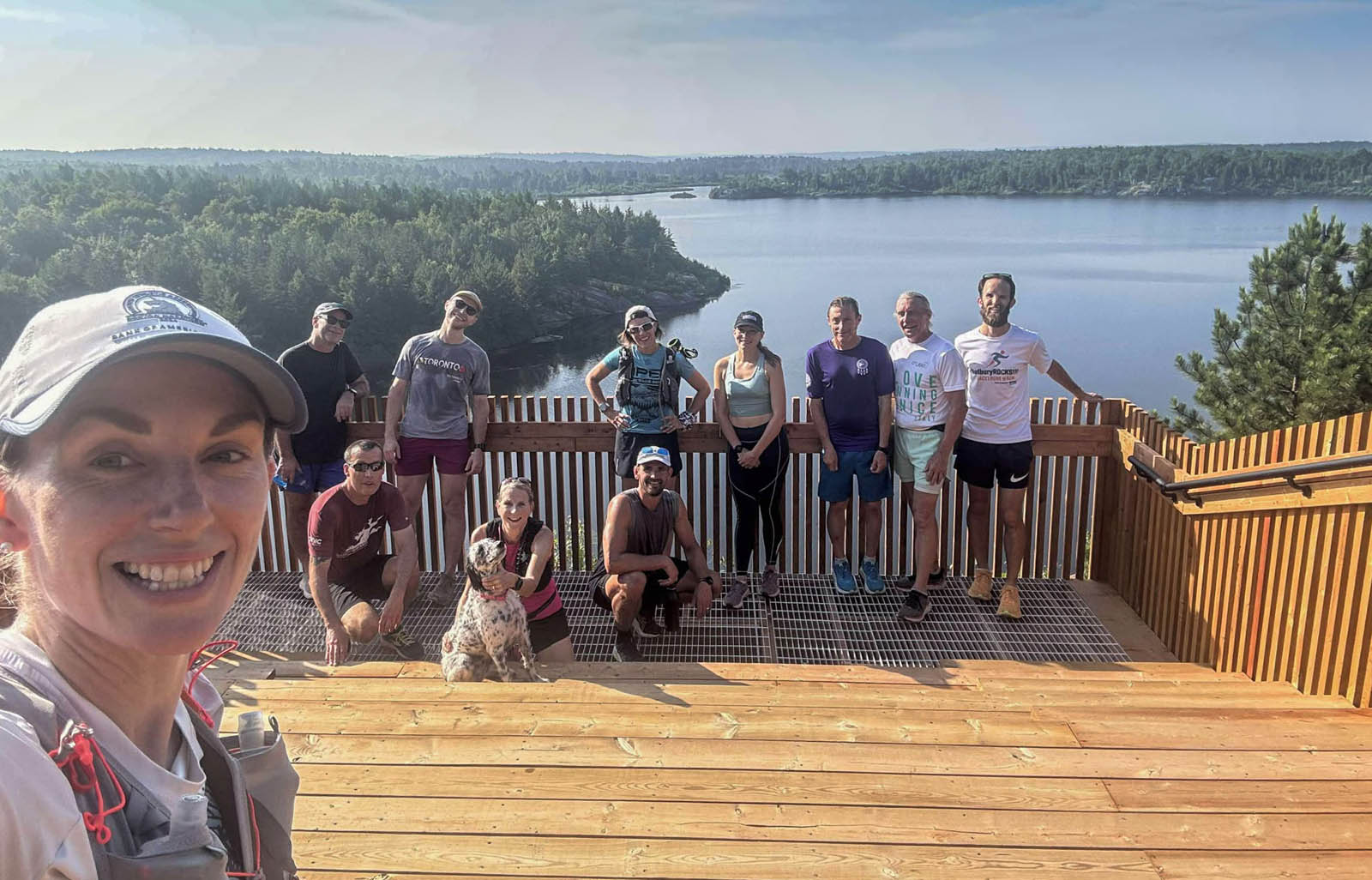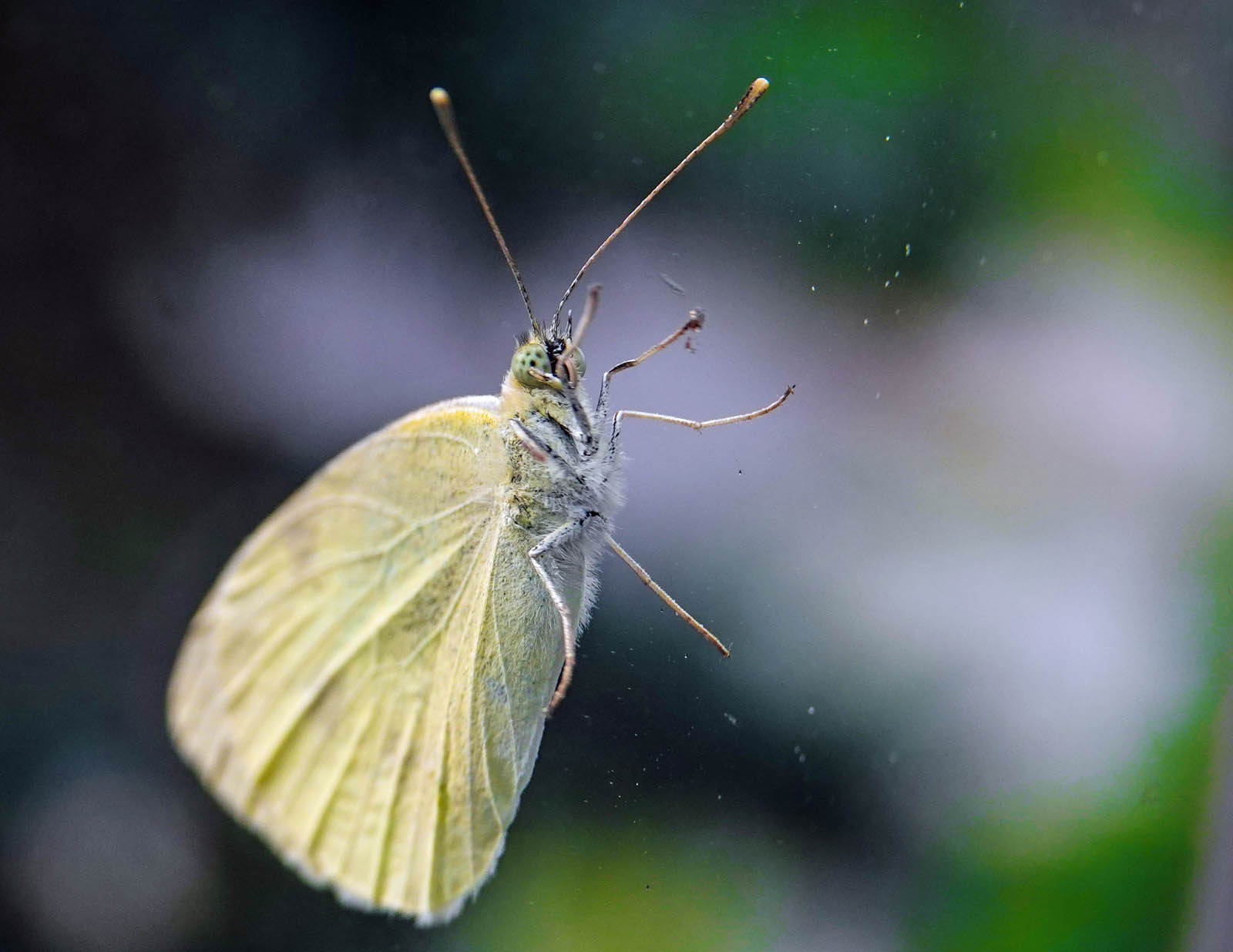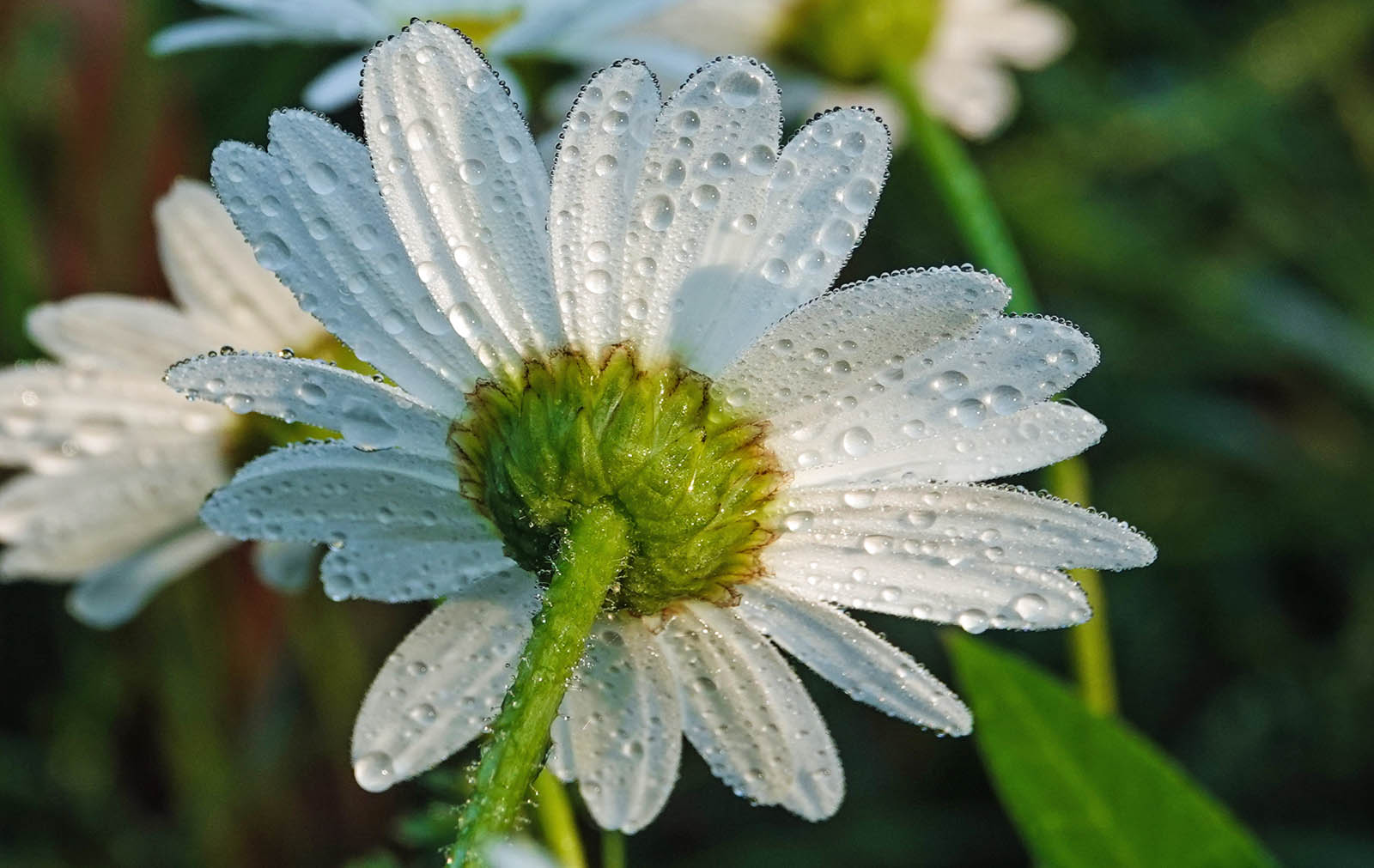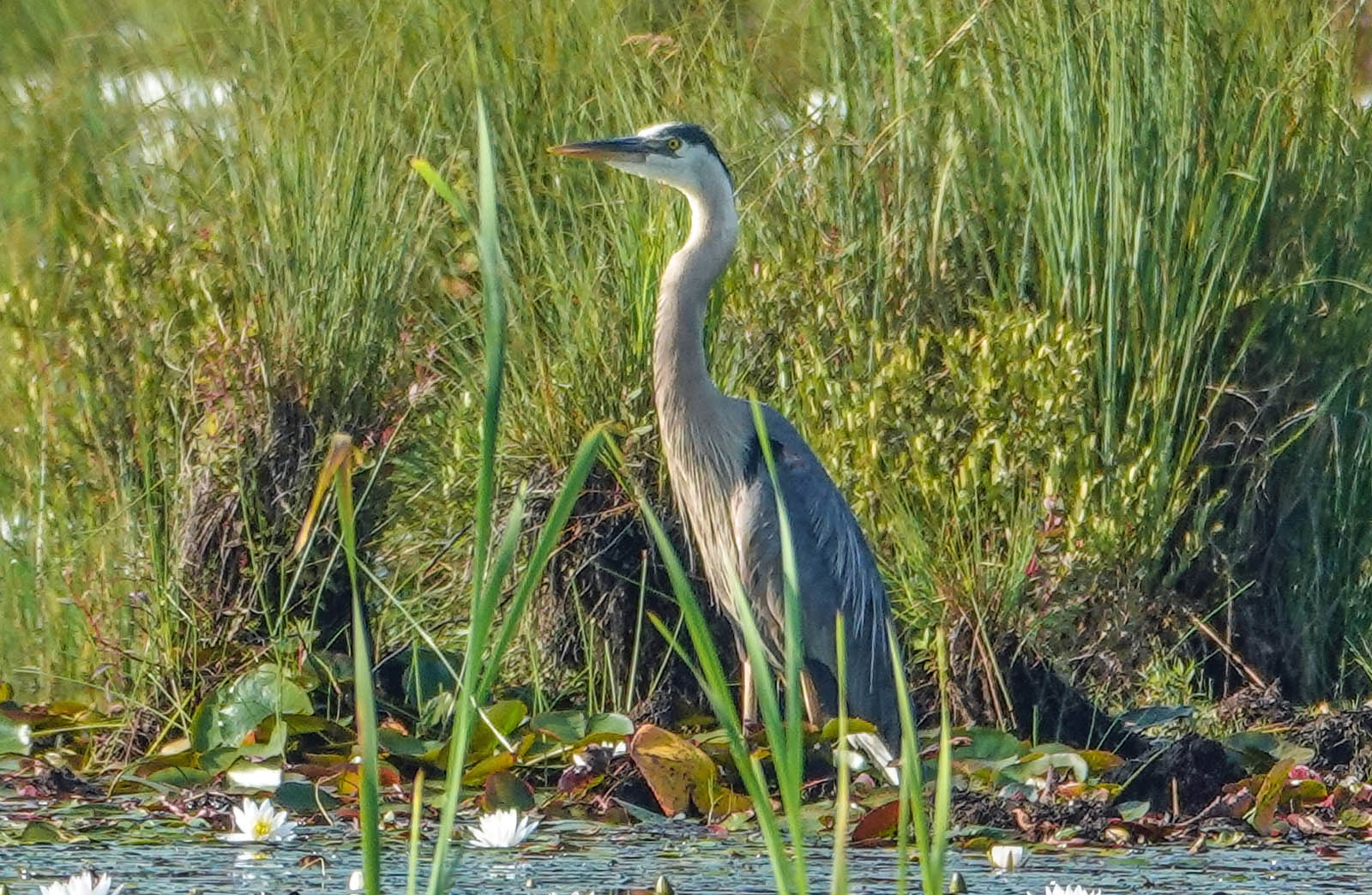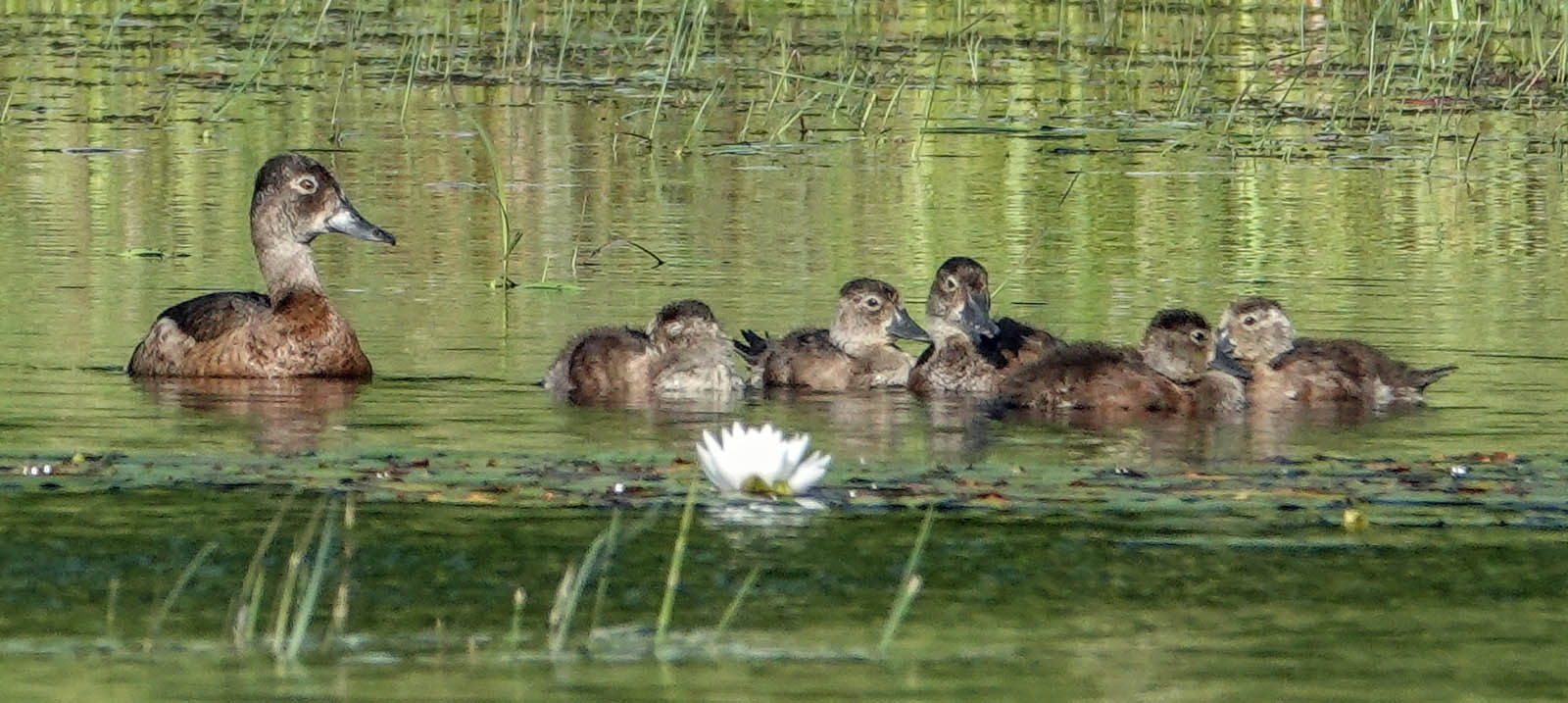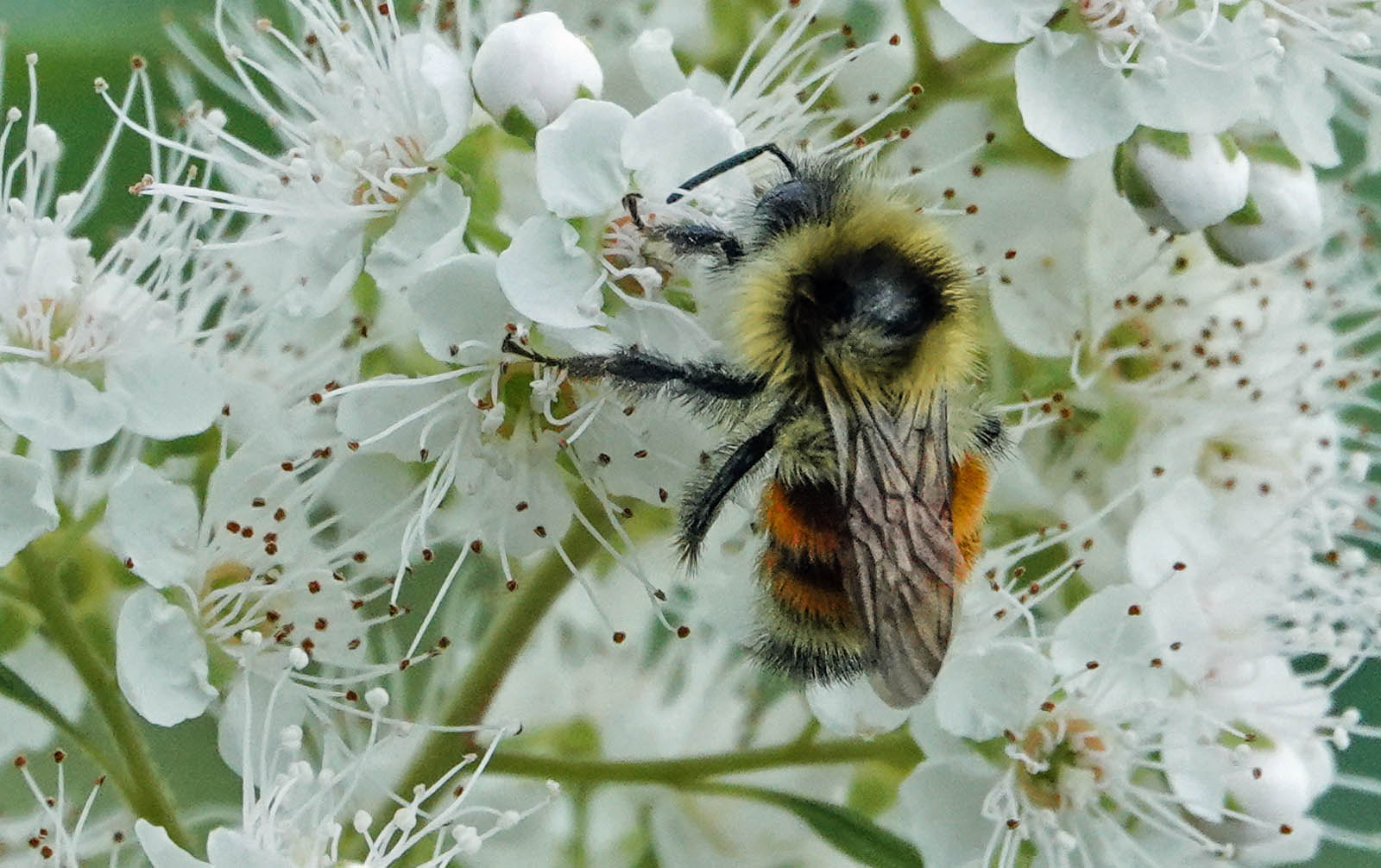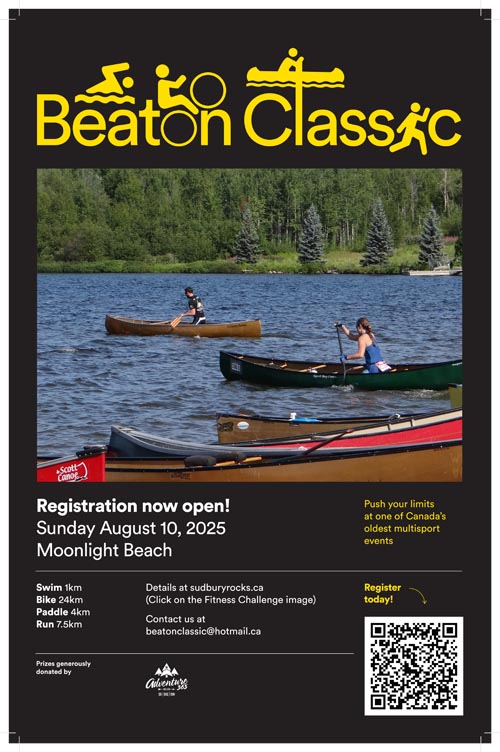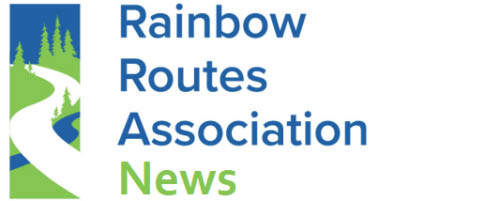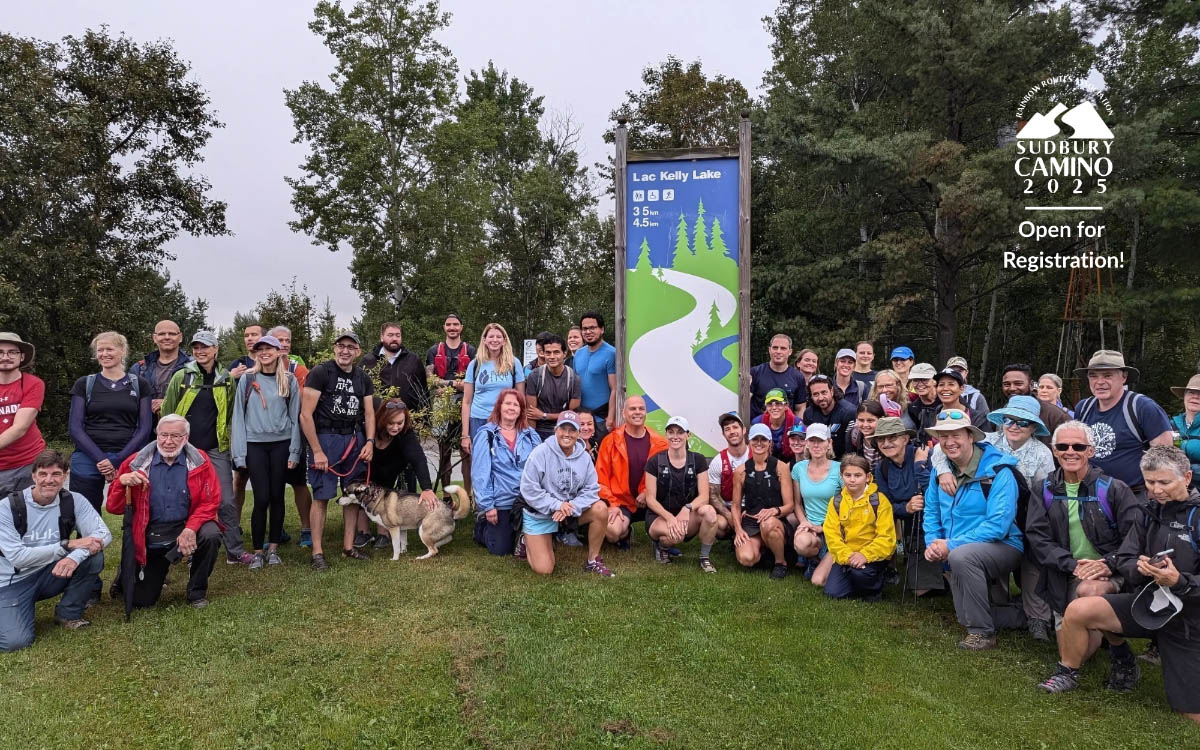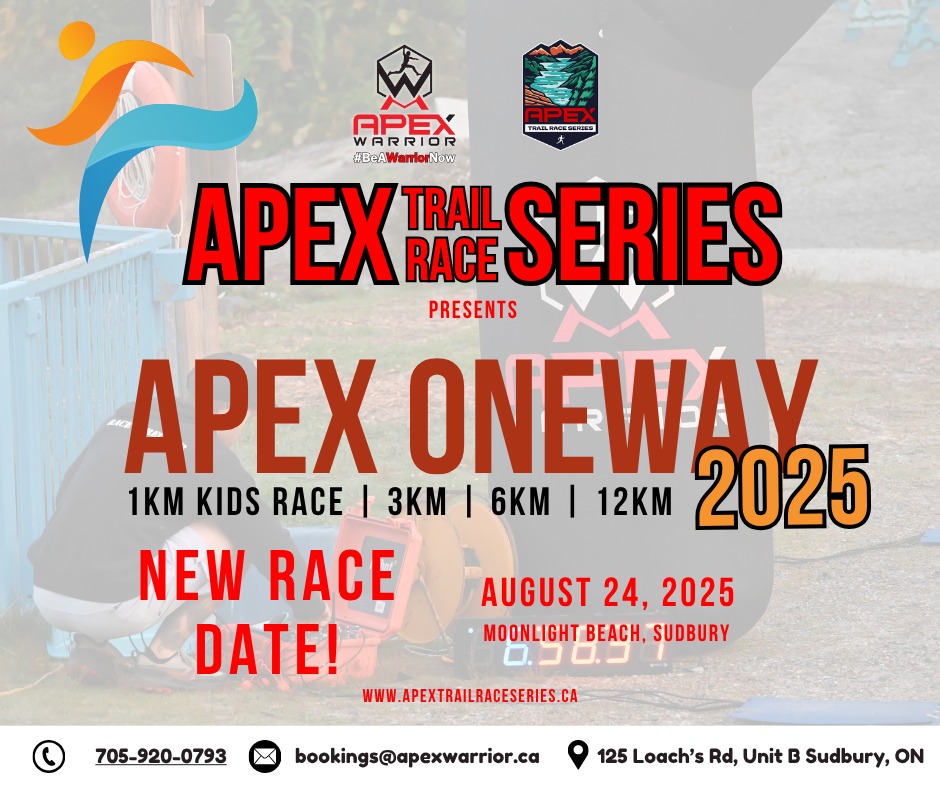July 26 - 27, 2025
Sudbury Region, Ontario, Canada
Wilderness Traverse is
a 24 Hour Adventure Race hosted annually in Ontario, Canada.
Teams of 3 or 4 navigate using map and compass over 150
kilometers of rugged Canadian Shield back-country on foot,
mountain bike and canoe. It is one of the toughest team-based
endurance challenges around and simply reaching the finish
line is a massive achievement.
In 2025 Wilderness Traverse
will serve as the Championship Event in the AR World Series
North America Series
https://www.wildernesstraverse.com/
Results
____________________________________________________________________
Randy Pascal
Stop and ponder for a moment what the
73 teams who took part in the Wilderness Traverse Adventure
Racing North America Championship endured in an event
that runs basically for a full 24-hour period —
or slightly beyond.
Drawing competitors both from Canada and
the U.S., including a large contingent from Quebec, the
run/walk/paddle/mountain bike undertaking also requires
at least one team member (each team must include three
to four people, all of whom must remain within 100 metres
of each other for the duration on the race) who has a
very solid knowledge of orienteering.
“We’ve been wanting to come
up here for a while — the terrain is just so well-suited
for this type of event,” noted Counter Adventures
founder and event director Bob Miller from Collingwood,
albeit with family on Manitoulin Island and with plenty
of adventure race background in the Parry Sound area.
“We look for the hidden gems and
then try and figure out how we can piece them together,”
said Miller, running race headquarters from Laurentian
University — also the site of the finish line.
“The actual City of Sudbury is unique,”
he continued. “It’s not a grid but a city
with streets that go all over the place, with all of this
elevation and topography. It’s just really cool
for what we do.“From our perspective, in setting
the course, it’s super unique from the rest of the
province.”
Seven buses would carry 261 participants
out to Moose Lake, just north of the La Cloche Ridge and
North Channel, with race legs that were, as follows: 27-km
hike towards Willisville; 45-km paddle (Lang Lake/Lake
Panache); 80-km bike (towards Walden Trails and Kivi Park
and eventually Lake Laurentian Conservation Area) and
finishing with a 10-km hike back to LU.
Marc's Account
2025
wilderness traverse.
It was an adventure right ?from the start. The race was
being held in our home town of Sudbury this year so we
decided to roll into race kit pick up on our bikes.
The next morning we made our way to Laurentian University
where we would forfeit our phones and smart watches before
receiving the maps for the first 2 legs of the race. We
would receive the last set of maps at transition 2 after
the paddle leg. With a limited amount of time we started
to plan our route. The race was going to start on a dirt
road somewhere between Espanola and Massey. Outside the
university was a fleet of white buses waiting to drop
us off on Moose lake road.
Arriving at our destination, the race stared on foot.
We ran down the road for a few kilometres before turning
into the dense bush on our first set of coordinates. We
would make our way across the backside of moose lake till
we came up to a set of 3 islands running down the lake.
We chose to swim across and island hop to the first checkpoint
on the opposite side of the lake. From there, the next
set of coordinates would lead us to a trail. That trail
would bring us to a lake at the base of heavens gate trail
and the stunning white La Cloche mountains. We would jump
in the lake again just to cool off and fill our filtered
water bottles. The next check point would be at the top
of the mountain overlooking McGregor bay. The race was
worth it for this view alone! Traveling the top of the
ridge and then descending to trail leading to an old rail
bed. This part was fast paced. We would jog for 30seconds
and walk for 30seconds for the next few kilometres before
crossing highway 6 to Widgawa lodge. (30km trek 6h50m
race time)
Our first transition where our canoes were waiting for
us. Quick change of shoes and socks, a Mr freeze and some
ice for our water bladders was a welcoming treat. We jumped
in the canoes and took off into the sunset. Heading west
we would portage lakes on our way to Panache. The paddle
was long and boring. We’d travel via Lang lake for
20kms before getting to a portage and a check point on
some small lake. Lang to bear to little bear and what
ever other lakes in-between. As the sun was setting at
our backs, it all felt like a blur. We portaged for 2.2
kms into Panache at roughly midnight. Once on the massive
lake loaded with bays and islands, we navigated our way
through the pitch black across a bay, around islands to
a portage that would cut off part of this complex landscape.
Over the portage we went and landed almost perfectly in
line with the marina.
We hit shore made our way around the point and landed
at Penache bay marina where we would hit our second transition
and our bikes.
(45km paddle including 3.5kms of portage. ?15h6m race
time)
The 3rd and 4th legs would head into Sudbury. This is
where we’d have an advantage. Where all the other
teams had to plan a route in the dark and mark precise
coordinates on their maps, a time consuming process, we
took one look and knew where to go. We traveled towards
Walden bike park where there would be 5 checkpoints. One
by one in perfect order we hit every checkpoint effortlessly.
Leaving Walden in the dark we would take back roads til
sunrise leading us to Kivi park where again we would nail
the checkpoints with ease. From Kivi to the opp station
on highway 69, cross the road and jump into the muddiest
trails Sudbury had to offer. The infamous pole line leading
to moonlight beach and then the trail towards the Bioski
to our last transition. (85km bike. 23h26m of race time)
Our last leg would be 6 check points spread over 10kms
in the Laurentian nature preserve. I thought I knew exactly
where the 2 first ones were but I was off. We had to plan
and shoot a bearing. With a bit of difficulty we would
find our first and second check point. From there I knew
where the 3 and 4 were and we made some good time finding
them. The 5th was a little more difficult as it was in-between
2 ridges off some ski trails. A little fumbling and we
found it. Now the party was over. The last one was a few
kms away and I knew exactly how to get there. As we passed
by Laurentian lake, we took a minute to jump in and cool
off. We hit check point 6 and ran our way to the finish
line.
(10km bushwhack. 27h50m race time)
Wow that was fun!!
Our team killed it this year.
Marc Cayen |

-3%20315.jpg)
315.jpg)


